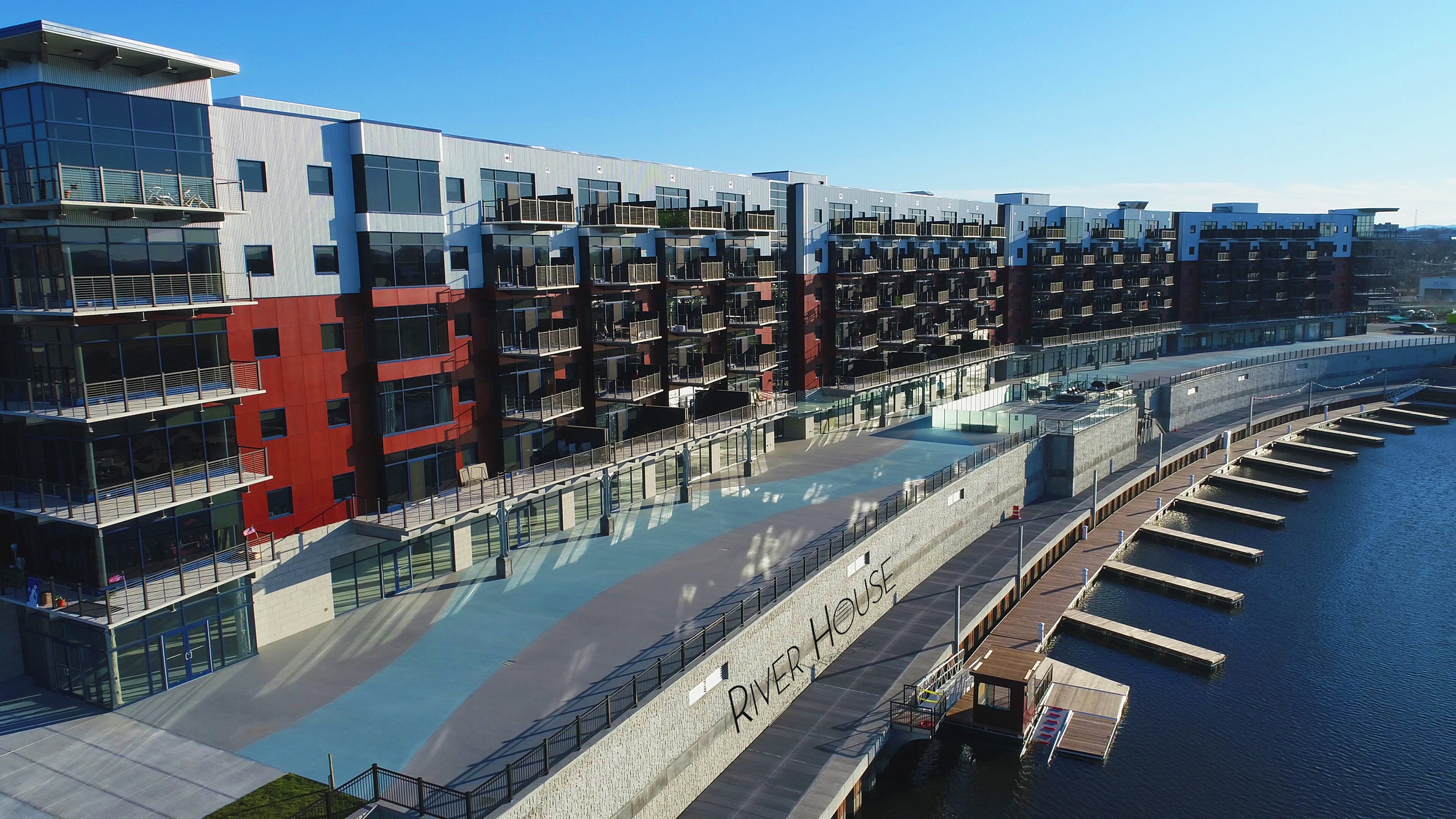Are you anxiously waiting to hear back from colleges? Wondering how long it will be until you receive a response? The wait can be nerve-wracking, but understanding the timeline and process can help alleviate some of the stress. In this article, we will explore the topic of how long until colleges get back to you, providing insights, tips, and advice to help you navigate this waiting period.
Waiting for a response from colleges can be a frustrating and uncertain time. It's natural to feel anxious and impatient as you eagerly await news of your acceptance or rejection. The uncertainty can be particularly challenging when it comes to planning your future and making important decisions. Understanding the timeline and factors that affect when colleges get back to you can provide some clarity and peace of mind.
The length of time it takes for colleges to get back to you can vary depending on several factors. These factors include the specific college or university, the time of year you submit your application, the volume of applications they receive, and their admissions process. Some colleges may have rolling admissions, meaning they review applications as they are received and make decisions on a rolling basis. Others may have specific decision release dates or notification periods.
Personal Experience with Waiting for College Responses
As a former college applicant, I remember the anxiety and anticipation of waiting for responses. I submitted my applications in the fall and spent the next few months eagerly checking my email and mailbox for any updates. Some colleges got back to me within a few weeks, while others took several months. It was a rollercoaster of emotions, but eventually, I received the news I was waiting for. Looking back, I realize that the waiting period allowed me to reflect on my choices and consider alternative options.
When it comes to how long until colleges get back to you, it's important to remember that each college has its own unique process and timeline. While some colleges may respond within a few weeks, others may take several months. It's important to be patient and trust the admissions process. Additionally, it's essential to have a backup plan and explore alternative options while waiting for responses.
Understanding the Admissions Process
The college admissions process typically involves several steps, including submitting your application, sending transcripts and test scores, and possibly completing an interview or writing an essay. Once all the necessary materials have been received, the admissions office will review your application and make a decision. This process can take time, as colleges often receive a high volume of applications and need to carefully consider each one.
Factors that can affect how long it takes for colleges to get back to you include the number of applications they receive, the complexity of the admissions process, and the resources available to the admissions office. Some colleges may have a more streamlined process and can respond more quickly, while others may take longer due to a variety of factors.
The Myth of a "Magic Number" of Days
There is a common misconception that there is a specific number of days or weeks that colleges take to respond to applicants. However, this is simply not true. Each college has its own unique timeline and process for reviewing applications. Some colleges may respond within a few weeks, while others may take several months. It's important to be patient and avoid comparing your timeline to others.
While waiting for responses, it can be helpful to focus on other aspects of your college preparation. Use this time to research and explore different colleges, scholarships, and financial aid options. Consider reaching out to current students or alumni to learn more about their experiences. Remember that the college admissions process is just one part of your journey, and there are many factors to consider when choosing the right college for you.
Recommendations for Dealing with the Waiting Period
The waiting period can be challenging, but there are several strategies you can use to cope with the uncertainty. First, try to stay busy and focused on other aspects of your life. Engage in activities you enjoy, spend time with friends and family, and continue working hard in your classes. Keeping yourself occupied can help distract from the stress of waiting for college responses.
Second, consider creating a backup plan. While you may have your heart set on a particular college, it's important to have alternative options in case you are not accepted. Research other colleges that interest you, and explore different majors or programs that align with your interests and goals. Having a backup plan can provide peace of mind and ensure that you have options available to you.
Third, reach out for support. Talk to your friends, family, or school counselors about your anxieties and concerns. They can provide guidance, reassurance, and a listening ear during this uncertain time. Remember that you are not alone in this process, and there are people who care about your well-being and success.
Conclusion of How Long Until Colleges Get Back to You
Waiting for college responses can be a stressful and uncertain time. However, understanding the timeline and factors that affect when colleges get back to you can help alleviate some of the anxiety. Remember that each college has its own unique process and timeline, so it's important to be patient and avoid comparing your timeline to others. Use this waiting period to explore other colleges and programs, create a backup plan, and reach out for support. The college admissions process is just one part of your journey, and there are many opportunities and options available to you.

No comments:
Post a Comment